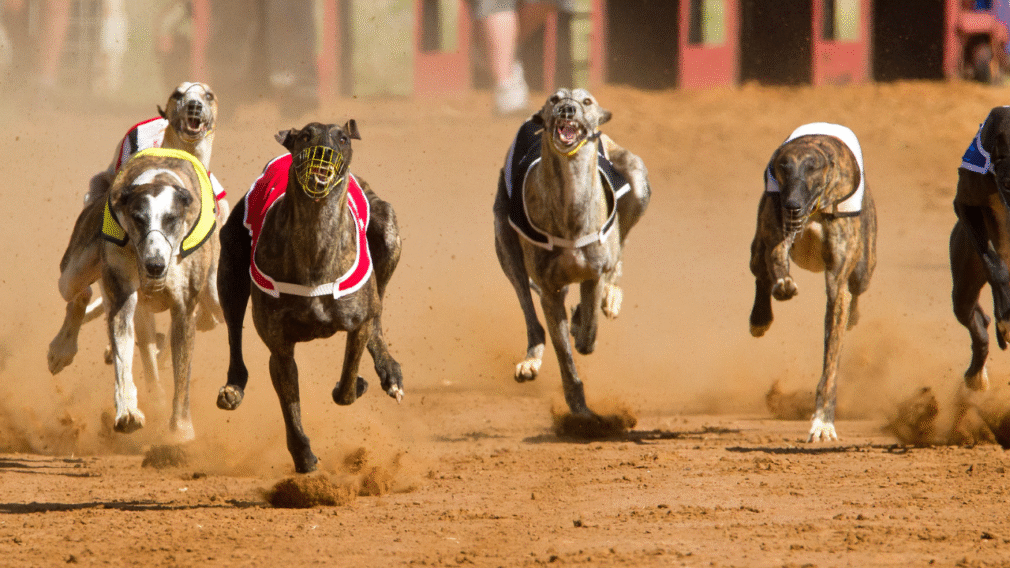Greyhound Racing Nears Finish Line in West Virginia Amid Federal Pressure
Greyhound racing in West Virginia, the last state in the nation to host the sport, faces an imminent threat from both state and federal legislative action. The fate of the two remaining tracks: Mardi Gras Casino and Resort in Nitro and Wheeling Island Hotel Casino and Racetrack in Wheeling, rests on removing the state law that mandates racing for casino operation. The case has been brought into sharper focus by reporting from the West Virginia Watch.

Legislative Efforts to Decouple Casinos
The primary issue is a 2007 state law. This law requires casinos offering table games and video lottery to also run live greyhound or horse races. This mandate links the highly profitable casino operations to the struggling racing industry.
State lawmakers have previously attempted to “decouple” the two activities, but these efforts have failed.
- In 2017, Governor Jim Justice vetoed a bill that would have ended the mandate.
- In 2024, separate bills to remove the mandate failed to advance to a vote.
Delaware North, the company operating both tracks, has indicated a readiness to cooperate with kennel owners to phase out racing if lawmakers pass a decoupling bill. This support from the casino operator signals a major shift in the industry’s position.
The Federal Ban and the Subsidy Fund
A more drastic change could come from Washington, D.C. The Greyhound Protection Act, introduced in August by Congressman Salud Carbajal (D-Calif.), seeks to permanently ban greyhound racing across the U.S. If passed, this federal law would immediately shut down the two West Virginia tracks and prohibit all betting on live and simulcast greyhound races.
Representative Carbajal called the sport “a relic of an era long-past.” However, local proponents, like greyhound breeder Steve Sarras, dismiss the federal effort as “more optics and posturing.” Sarras believes the decision should remain at the state level.
At the state level, critics continue to target the Greyhound Development Breeding Fund.
- This fund, supported by video lottery payments, typically collects $15 million to $17 million annually.
- The money is disbursed to owners of West Virginia-born greyhounds.
- Carey Theil, Executive Director of GREY2K USA Worldwide, and Theresa Bruner, President of the Federation of Humane Organizations of West Virginia, argue this money could be better spent on public services, such as state roads or public education.
Economic and Ethical Divide
Local lawmakers and industry participants warn that ending racing would result in severe economic harm. Del. Shawn Fluharty (D-Ohio), whose district includes the Wheeling track, opposed decoupling. Fluharty argued that eliminating the industry would result in the loss of thousands of specialized jobs tied to dog training and veterinary services. He noted that the total betting handle in 2023 was $260 million, largely driven by a national simulcast audience.
Conversely, animal welfare advocates argue the humane cost is too high.
- Bruner stated, “These dogs belong on couches and not on the race tracks.”
- Theil points out that greyhounds have very short racing careers and spend their non-racing time largely confined.
Industry advocates counter these claims with arguments about high standards of care. Sarras asserted, “There’s no room for abuse and neglect” and insisted the dogs receive regular veterinary care. Fluharty claimed the dogs have a 99% adoption rate after their racing careers end.
The failure of previous state-level legislative attempts shows that opposition remains strong. However, with the casino operator expressing a willingness to end racing, and federal legislation looming, the long-subsidized sport appears to be nearing its conclusion.
Recommended
